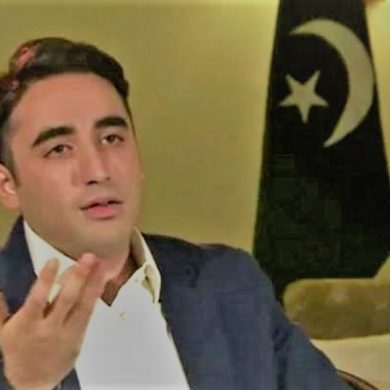Pakistan grapples with escalating inflation and economic challenges, but the government is not in position to pass on any relief to the masses who are currently agitating against inflated electricity bills.
Interim Finance Minister Shamshad Akhtar issued a somber warning on Wednesday in a session of the Senate’s Standing Committee on Finance, revealing that the country’s economic situation had turned out to be “worse than anticipated”.
Akhtar acknowledged that the caretaker government had inherited the International Monetary Fund (IMF) program, emphasizing its “non-negotiable” nature. However, this stance has clashed with the growing economic concerns within Pakistan, where citizens are bearing the brunt of skyrocketing costs of living, particularly surging electricity prices that have sparked protests nationwide.
The interim government which wants to strike a balance between avoiding IMF repercussions and addressing public outrage faced challenges. In a recent cabinet meeting chaired by Caretaker Prime Minister Anwaarul Haq Kakar, the government expressed its inability to address the issue without IMF approval.
Even the possibility of spreading electricity bills in installments was contingent on IMF clearance, the sources told this scribe.
Interim Information Minister Murtaza Solangi affirmed the other day that discussions were ongoing with the IMF to introduce relief measures for electricity consumers, with an announcement expected soon.
During the Senate committee meeting, Finance Minister Akhtar highlighted the unsustainable losses faced by government institutions and stressed the urgency of accelerating privatization efforts. A staggering 70% of Pakistan’s tax revenue was reported to be dedicated to debt relief. Additionally, the Pakistani rupee’s devaluation was attributed to limited dollar inflows and substantial outflows.
Akhtar warned that failure to implement the IMF agreement could lead to a halt in dollar inflow, worsening the economic situation. However, she underscored the need for measures beyond the IMF program.
“We have unfortunately done everything to weaken the economy,” lamented Akhtar, citing low revenue from the Federal Board of Revenue and high expenditures.
Contrary to the perception of unlimited powers for the caretaker government, Akhtar stressed their limitations and commitment to working within them.
The finance minister also acknowledged the ongoing consideration of withdrawing privileges for the elite class. A comprehensive briefing on the economy is planned for the committee in a week.
Prior to Akhtar’s briefing, committee members raised concerns about the rising dollar and soaring electricity bills. Senator Sherry Rehman of the PPP highlighted the burden of taxes in power bills, while Senator Kamil Ali Agha demanded the immediate withdrawal of imposed taxes, claiming that the entire nation was paying for a few individuals’ transgressions.
The escalating electricity costs have led to a cycle of reduced consumption and transferring excess capacity charges to consumers. The Power Division’s proposal to stagger additional charges over six months instead of three aims to ease the impact on consumers struggling with a recent 26% increase in base national rates.



